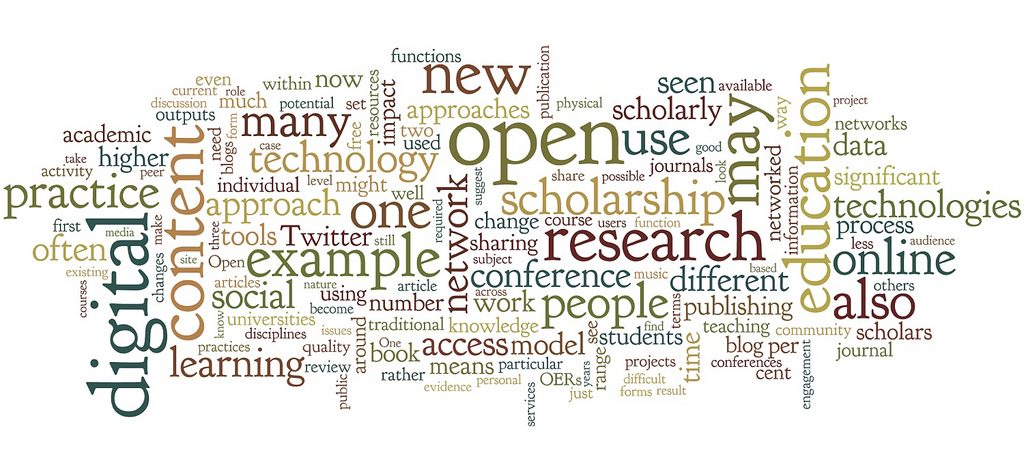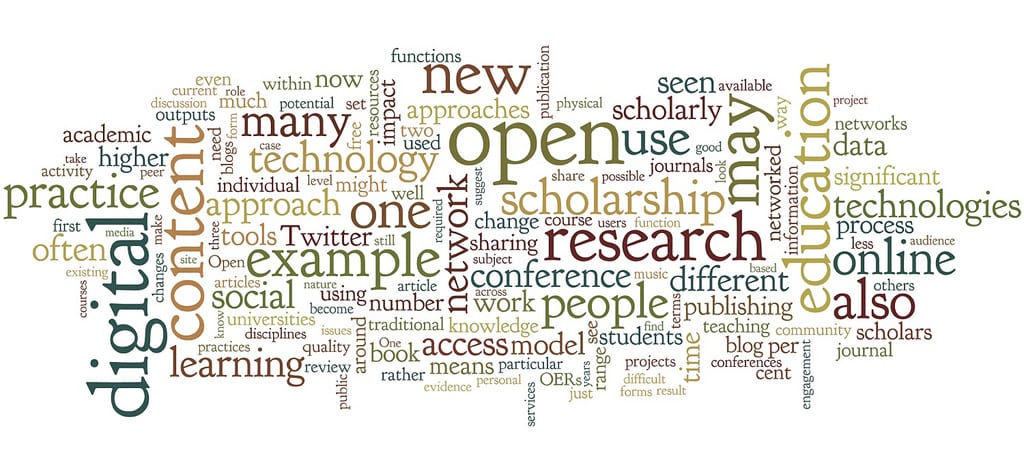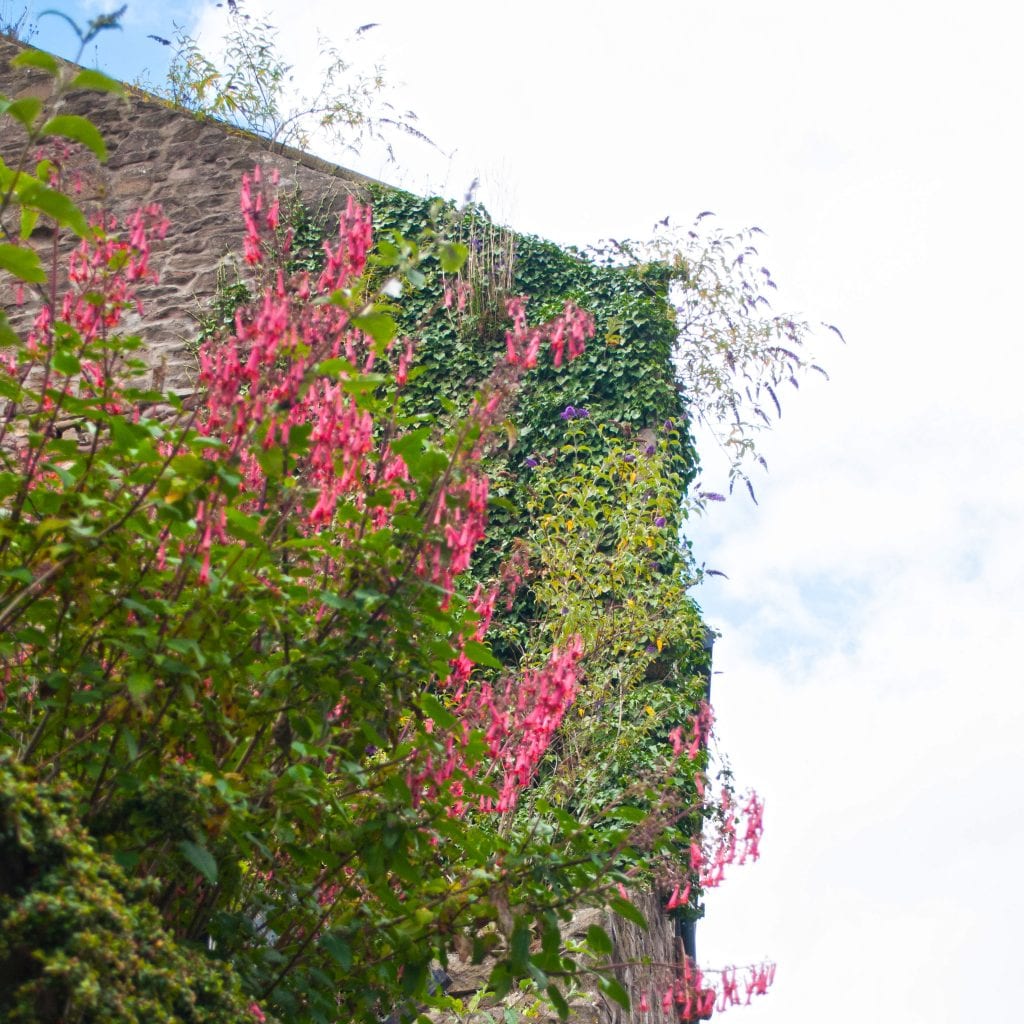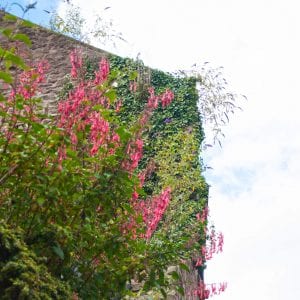
We’d like to invite you to join with us in working through an Open Learn course, The Digital Scholar.
The course is developed by Martin Weller – and closely related to his book of the same name – the book is also available online as open access (click the cover below for access)

In order to participate, you could just go to the course and read the posts, watch the videos, do the activities; however, we’d like to invite you to:
- Register – that way you’ll be able to track your progress, and even gain a digital badge.
- Participate in the discussions we’ll be starting on the Learning X part of the CTIL website.
- Join us in a face to face session (date TBC)







